There are certain nuances that, if known, can simplify your journey through an unfamiliar country. We’ve prepared ten fascinating facts about Italy that will definitely come in handy for those planning to visit for the first time.
Italians love to eat well and engage in long, fascinating discussions about food, so don’t be surprised by questions about what you had for breakfast or dinner. First and foremost, they’re talking about their national cuisine, of course. By the way, Italy can’t boast the same variety of restaurants with cuisines from different countries as its neighboring European states – the vast majority of establishments here serve pizza, lasagna, and all sorts of pasta.
Another interesting fact – the overwhelming majority of restaurants operate on a schedule: breakfast (8:00-10:00), lunch (12:30-14:00), and dinner (18:30/19:00-22:00). The establishments are closed at other times.
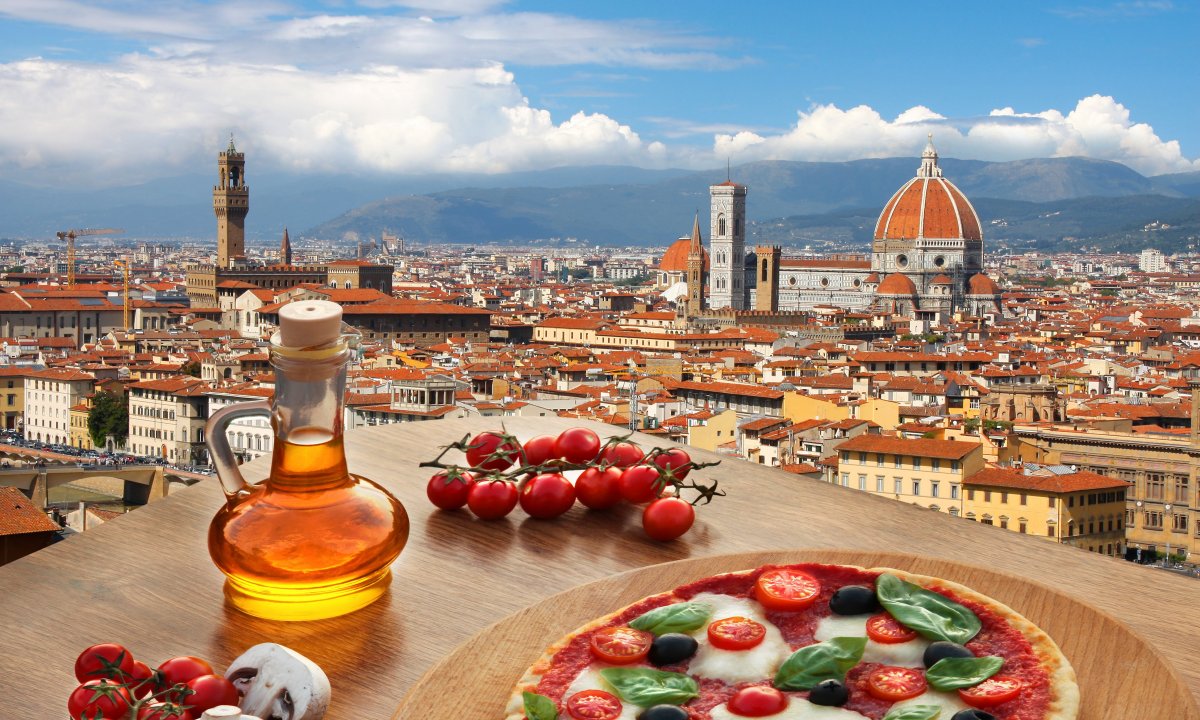
In all shops and many institutions in Italy, Saturday is a shortened day, and Sunday is a day off. Some of them also don’t work on Monday under the pretext that salespeople need to “rest after Sunday.” In major tourist cities like Milan, however, you can now find a few shops open on Mondays, but this causes extreme bewilderment among Italians themselves.
Also, keep in mind that on other days, most shops in Italy, especially in small towns, close for siesta time – from 13:00 to 16:00. In general, it’s fair to say that Italian salespeople and consultants are not overworking.
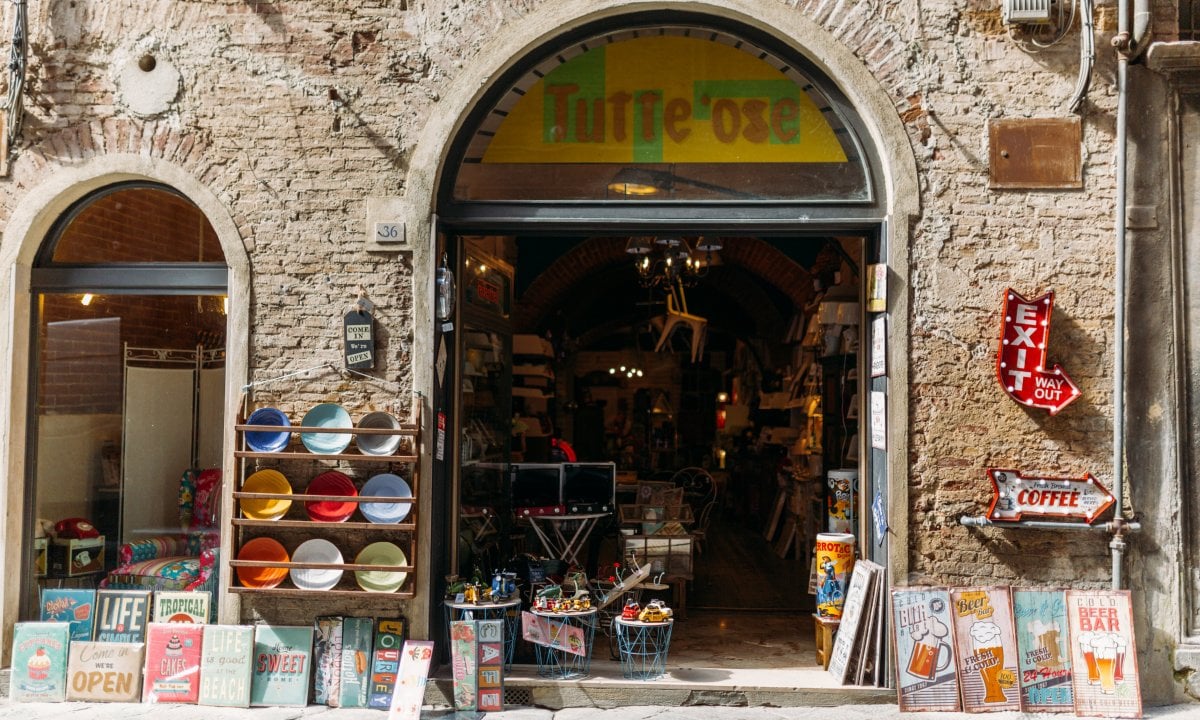
Those accustomed to using the metro might find the sight of Rome’s subway somewhat disappointing. It’s small (only two lines), the trains are covered in graffiti, and some routes only run until 9:00 PM. The buses in the country are just like the Italians themselves – unhurried and unpredictable! You might spend half a day waiting at a stop, only to find out they’re not running due to another strike. However, you can always confidently rely on night buses, which operate in many major cities.
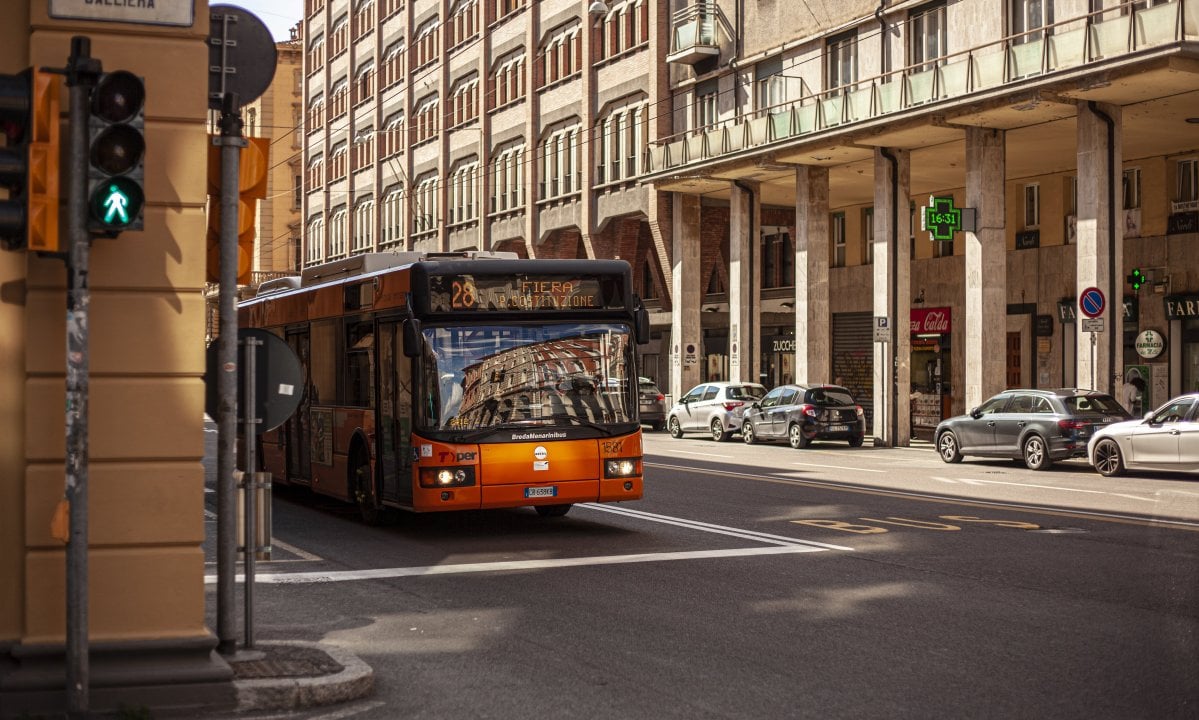
The Italian mafia has become a certain brand for visitors, but it’s not entirely wise to trust stories about its influence in the modern world. In terms of safety, Italy has quite a good reputation.
But this doesn’t mean you shouldn’t take any measures to protect your valuables – street thefts are not uncommon here. One of the common schemes is when thieves on scooters snatch a bag from a tourist’s shoulder, so we recommend wearing a backpack or a cross-body bag.
In Italy, you can truly learn what pushy salespeople are like. As soon as you enter a shop, you’re immediately “besieged” by a consultant whose main life goal now is not to let you leave without a purchase. So, if you just want to look around, we advise you to inform the staff right away. By the way, in the vast majority of cases, purchases cannot be returned, so choose carefully.
We also recommend learning the names of numbers in Italian. In many shops, especially in the countryside, salespeople don’t know English, which means it will be much harder to bargain with them to the desired amount.

Italy is one of the countries where tipping is very much welcomed. In restaurants, the traditional 5-10% may already be included in the service charge. It’s customary to leave less for maids and porters – €5-10. When you find yourself in a public restroom, you should understand that the person working at the entrance is likely expecting a small reward from you as well.
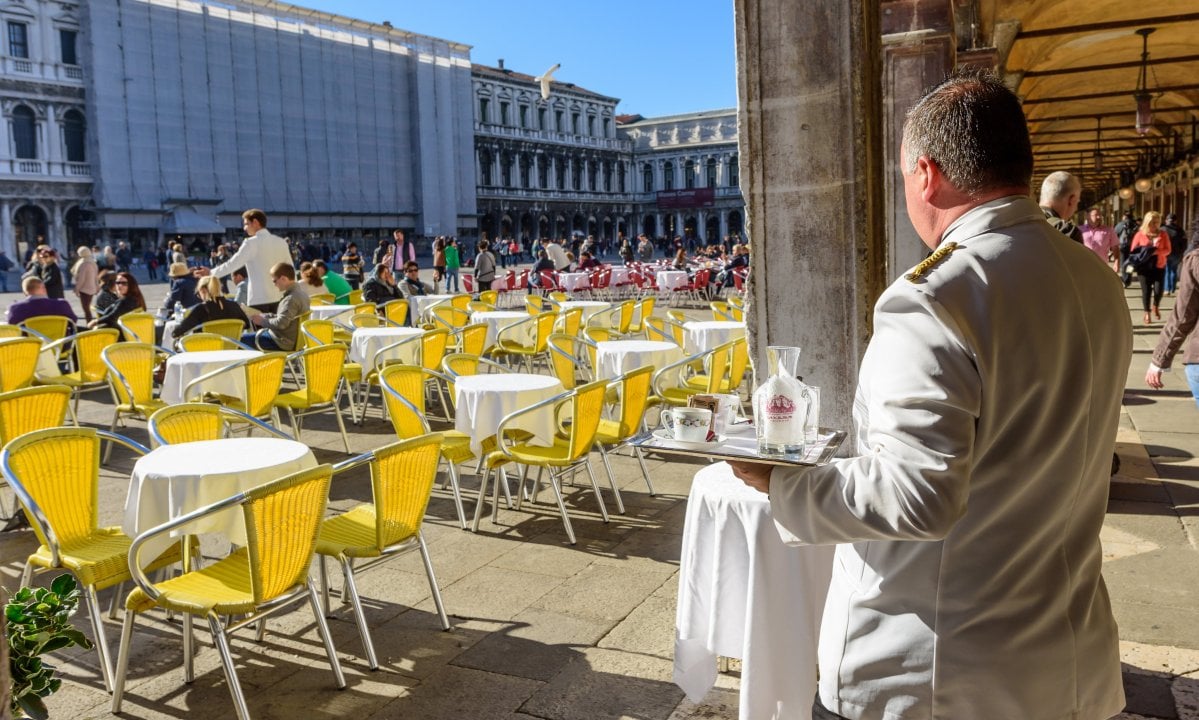
It would be criminal to be in Italy during its famous fairs and not attend one of them. To avoid missing an event, keep an eye out for posters with the words “Feste” or “Sagre”. The majority of these take place during the summer period. Each is dedicated to a specific type of food – and of course, you can taste everything during the process.
You’ve arrived at an excellent place to quit a bad habit – at least, all the conditions are created for this here. For example, buying cigarettes in Italy is expensive and problematic. The cost of one pack averages from €3.5-6, and due to the established monopoly, you can only purchase them in specialized tobacco shops. Also, there’s a ban on smoking in public places, including train stations and bus stops.
The country is a recognized trendsetter in fashion, so its inhabitants dress stylishly and in accordance with new trends. However, don’t think that they flaunt this or show off fashionable brands – the locals are characterized by a more restrained elegance. Remember that the last place where you should demonstrate your extravagance is a Catholic church. There are strict rules regarding the appearance of parishioners: familiarize yourself with them before going there.
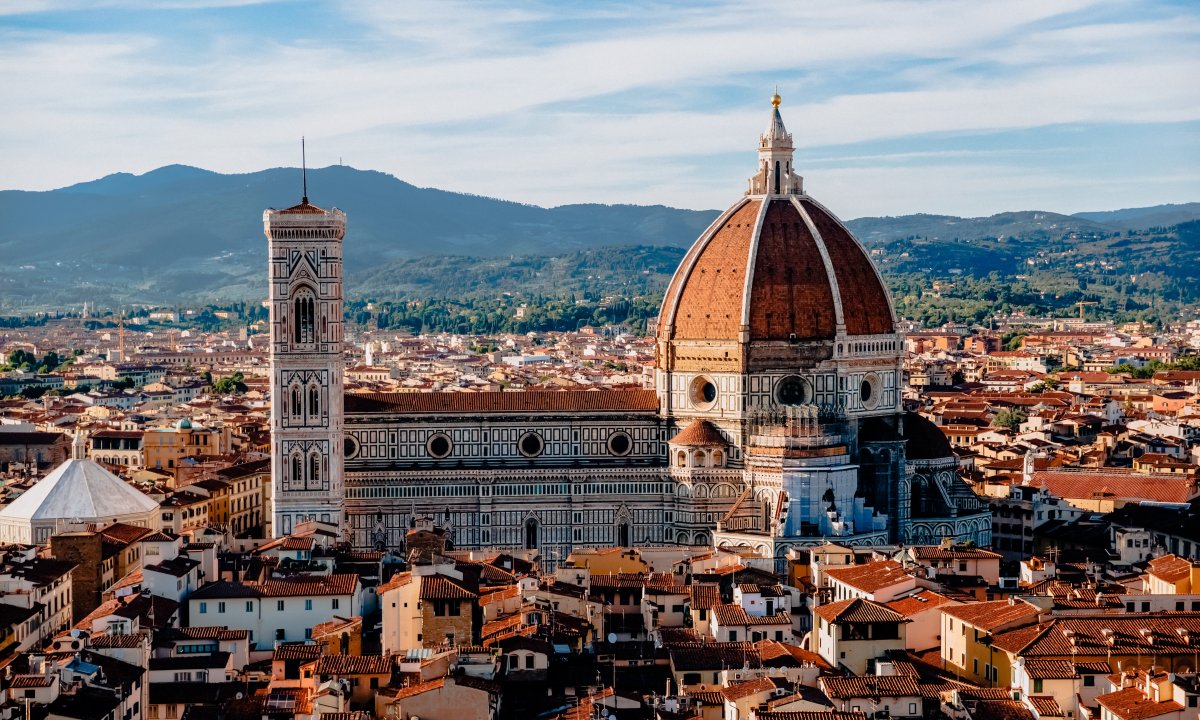
Italian police are extremely strict with speed enthusiasts. Fines for speeding contribute significantly to the country’s budget each year. But don’t expect to be watched by patrol cars or men with striped sticks hiding in the bushes – this job is excellently handled by inconspicuous grey boxes that take photos of violators, which are then sent (along with a fine receipt) to the car owner. Communication with local police is complicated by the fact that officers usually don’t know English, and you’ll have to explain yourself literally using hand gestures.

